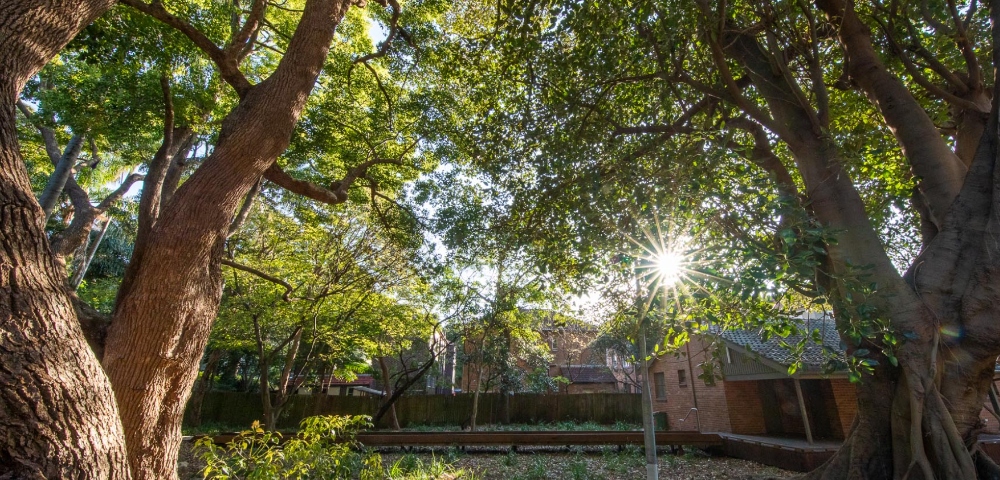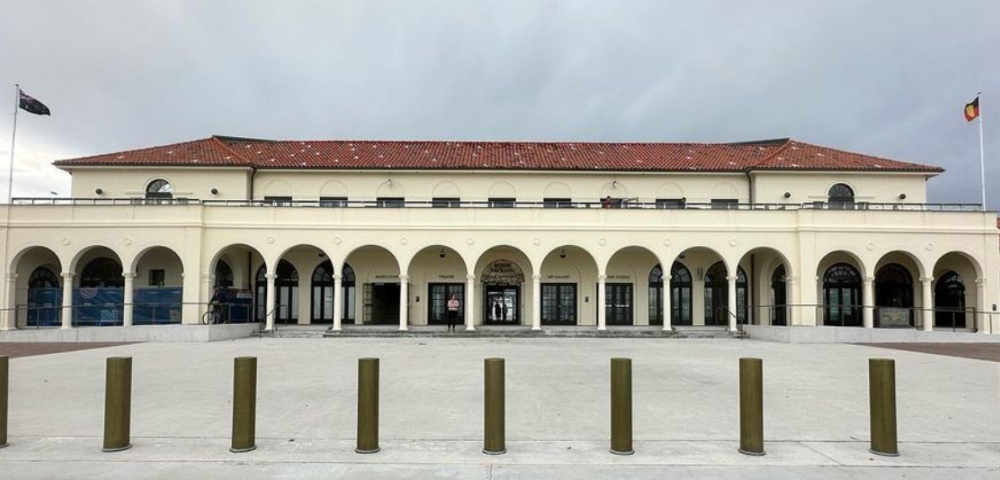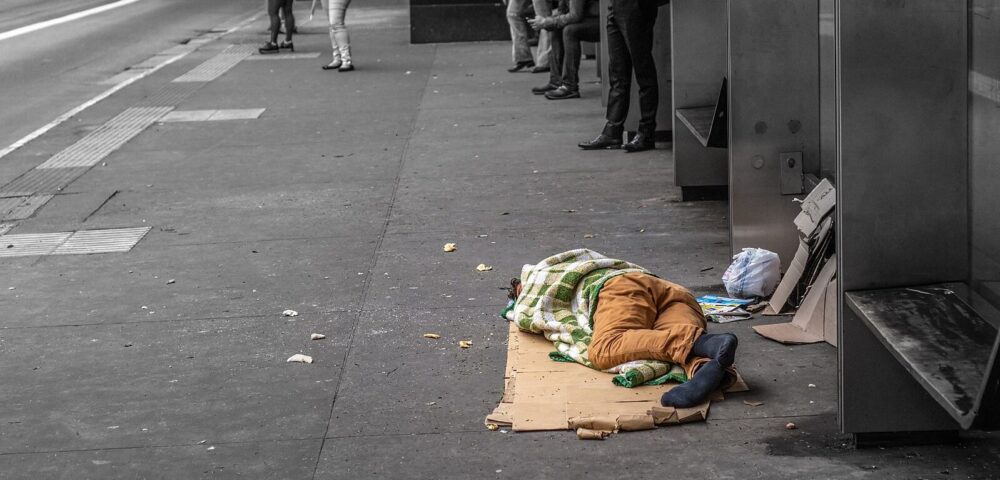
Aussie Crawl to Bondi Beach

BY PAUL PAECH
Now that the school holidays are over, driving around Sydney is back to its usual frustrating mess.
Our State Government is ploughing billions of our money into private transport, and weirdly some cash into an on-call almost-free mini-bus service in the Shire, Manly and parts of Waverley/Woollahra (aka Woolverley).
But what if the primary culprit here is not an “inadequate road system” as much as the private vehicle itself?
What if the private car, typically only a single-driver aboard, is the very thing that’s frustrating us?
After all, private cars are used only 5% of the time, a very inefficient ratio.
Alternatives include car-shares like Go-Get or Car Next Door which provide on-call transport without the problems of petrol, rego, insurance, and the biggest hassle, parking.
Consider the space your car takes up. It occupies otherwise usable space, and street parking privatises a public asset.
Waverley Council’s recently endorsed Transport Policy (Waverley’s People, Movement and Places: Where we go and how we get there) puts the private car firmly at the bottom of the hierarchy of preferred transport modes. Find it at www.tinyurl.com/ycmq3rys
Car ownership in Waverley is steady, but because there are more people living here, there’s increased traffic. Ponder this when you car or bus is stuck right outside yet another new block of unaffordable flats.
We must have learnt something, though, because the report says that Waverley people use a car for just half of our trips, compared to two-thirds across Sydney.
Council prefers people to use their own two legs (whether walking or riding a bicycle), or public transport. It provides for service vehicles, and backs share cars, share bikes, and on-demand ride-sharing. (Strangely, scooters and motorcycles escape consideration in its study. No mention of skateboards either.)
The policy is good news for Uber, which recently identified Bondi as Sydney’s busiest beach for them, three times busier than Coogee which in turn is three times busier than Bronte.
That fact is PR flimflam seeking to normalise Uber’s delivery services, but Uber’s data are invaluable to planners.
It knows how long it took to pick customers up, when and where they went, how much they paid, etc. Not-for-profit Uber must be praying that data are the new oil.
Uber of course contributes to congestion: If your Uber arrives quickly, there are probably lots of other unbooked Ubers cruising around looking for jobs: congestion.
Still, it’s better to have a car that’s being used for carrying people rather than one that’s sitting there parked.
Some people still argue that Bondi Beach would be better off with the kind of heavy-rail which was projected for the Olympics.
If rail had gone ahead (it was touch and go), the State Government would have raised Bondi’s building heights to match those that now cluster around Bondi Junction – and Chatswood, and Wolli Creek, and Green Square, and other transport hubs.
That would have killed stone-dead Bondi’s laid-back style that the world knows and loves. And there’d be more shadows over the beach!
Time may show that private cars have been something of a disaster for civil society and for the planet. Car-mageddon. You can see the devil arrive when otherwise polite folk turn into extraordinarily aggressive bullies once they get behind the wheel.
Sealed off from the real world, drivers think they can behave like monsters, without consequences.
As bad as some drivers can be, I’m sceptical that the billions being ploughed into “driverless” cars will ever produce anything but carefully stage-managed investor events.
Tom Vanderbilt (Traffic, 2008) wrote that driving, as well as being one of the most dangerous things people do regularly, is also one of the human brain’s most complex real-time action activities.
Perhaps, then, the prime strategic purpose of Alphabet’s driverless investment is just to provide Google with a smokescreen of digital innovation, thereby diverting regulators from its the advertising revenue from its massive monopoly web search business, which last year generated 99% of its gargantuan $5.43 billion profit.
In Bondi, we’re better off travelling via our screens, then walking, cycling, bussing or skateboarding down to the beach. Bliss!









